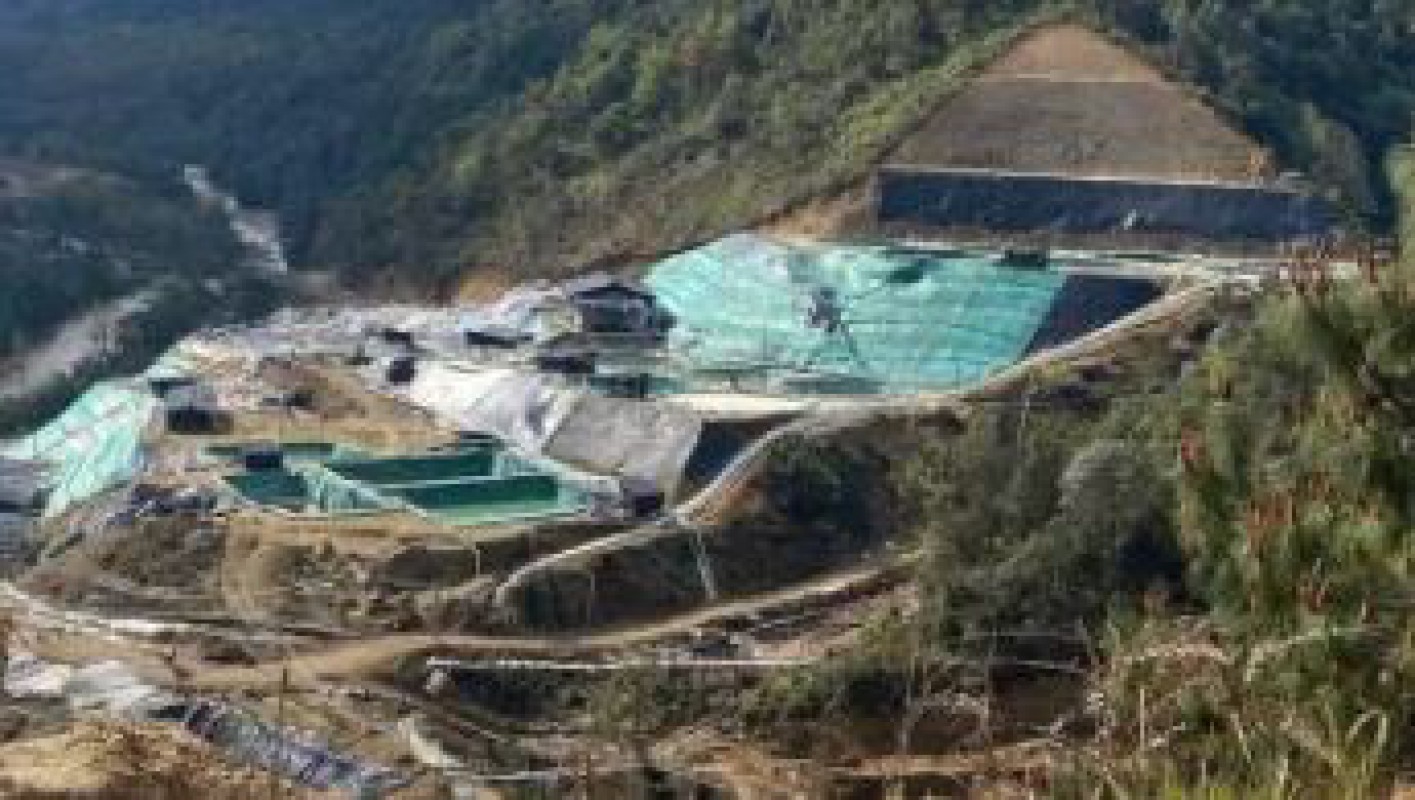Resource Card: Myanmar's rare earths put U.S. policy to the test

759

By Phyo Lin Aung (NP News) - Aug 12
In the escalating global race for critical minerals, rare earth elements have taken center stage - no longer just a matter of industrial supply chains, but of geopolitical calculus. The United States, seeking to break its strategic dependence on Chinese rare earths, is now eyeing Myanmar as a potential alternative source. However, this ambition is not simply a matter of economics or logistics; it is a test case of 21st-century resource politics, where access to minerals collides with sanctions regimes, armed conflict, and international legal boundaries.
Resource politics in action
Access to, control over, and use of resources like land, water, and minerals define what scholars term resource politics. These are not neutral or technical domains; they are deeply political terrains where policies often favour elite or influential groups while marginalizing others. The case of rare earths in Myanmar reflects this perfectly.
On July 28, two policy proposals reportedly landed on the desk of the U.S. Vice President, each offering divergent strategies to tap into Myanmar’s rare earth reserves. One proposed engagement with the State Administration Council (SAC), while the other advocated for negotiations with the Kachin Independence Army (KIA), an ethnic armed group controlling swaths of the mineral-rich north.
Trump’s calculus
With Donald Trump intensifying his rhetoric against China in a potential second term bid, the Myanmar rare earths dilemma presents what some analysts describe as a "two-birds-with-one-stone" opportunity: undermine Chinese monopoly over critical minerals while gaining leverage in a region near Beijing’s territory.
Swedish author Bertil Lintner, a leading expert on Kachin State, said the idea of the United States obtaining Myanmar's rare earths from right under the nose of China seemed "totally crazy" given the unforgiving mountainous terrain and primitive logistics.
"If they want to transport the rare earths from these mines, which are all on the Chinese border, to India, there’s only one road," Lintner said. "And the Chinese would certainly step in and stop it."
A region fragmented by conflict
The rare earth-rich zones in northern Myanmar particularly in Kachin is fragmented, and difficult to access. The area, larger than Singapore, remains subject to the contested control of ethnic armed groups like the KIA and militias allied to or fighting against the SAC.
Even if the U.S. were to secure an agreement with either the SAC or the KIA, significant barriers would persist. There is no export infrastructure, no consistent customs regime, and no secure corridors for shipping minerals to markets in India, Thailand, or beyond. Routes are plagued by armed conflict, and poor governance.
China, meanwhile, remains the sole viable buyer and processor of these materials. The KIA relies heavily on Chinese middlemen not only to export minerals but also to import essential goods; fuel, rice, and construction materials. Breaking that dependency would be economically and politically destabilizing.
Legal barriers and sanctions
Beyond physical and political challenges, the U.S. faces significant legal constraints.
The SAC continues to be restricted under broad U.S. sanctions imposed by Executive Order 14014, which forbids any economic engagement that might benefit the SAC regime. This includes transactions involving SAC-linked ministries, military units, or even affiliated logistics companies.
Though not formally sanctioned, the KIA operates outside of recognized state authority and is engaged in armed conflict. Any interaction with the group could potentially violate U.S. federal law, specifically 18 U.S.C. § 2339A, which prohibits providing material support to designated armed groups. The reputational, legal, and financial risks for American companies and policymakers are substantial.
A policy wild card
Ultimately, how the U.S. chooses to navigate this resource minefield depends on political leadership. Donald Trump, known for unpredictable and transactional foreign policy decisions, remains a wild card. In a striking development in late July, the U.S. lifted sanctions on four Myanmar business figures closely tied to the military regime—just two weeks after the SAC issued a letter praising Trump and calling for sanctions relief in response to a tariff hike.
This move has raised questions about whether rare earths and political signaling are being linked behind closed doors.
Myanmar’s rare earth wild card
In this evolving landscape, Myanmar finds itself holding a potentially powerful resource card. However, playing it wisely is essential. As the old adage in international relations goes: “There are no permanent friends or enemies, only permanent interests.”
Myanmar must adopt a forward-looking approach, one rooted in strategic realism. Whoever is in power, and wherever the opportunity lies, the guiding principle must remain unwavering: national interest above all.